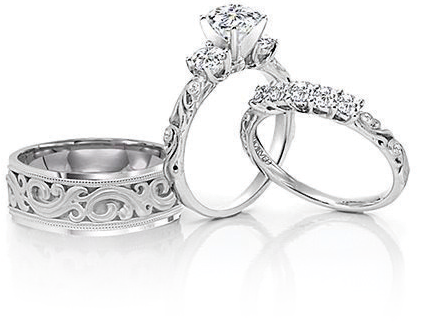 Your Ceremony
Your Ceremony
Some people prefer a ceremony that is very simple while others like to include many layers
of symbolism. It’s a very personal choice. Whatever is right for you. Consider:
Options include a private home, the backyard, public parks and gardens, national parks and wildlife reserves, churches and private chapels, wineries, in hot air balloons or on a boat out to sea. Your wedding can be held anywhere in Australia providing it has the space for the two people getting married, the celebrant, and two adult witnesses.
Poetry can say things that we find hard to express.
These are likely to include the exchange of rings but might also include smudging, candle lighting, flower petals, wishing stones, tree planting, handfasting, giving of gifts, breaking of the glass, or any of a range of cultural customs. Or you might like a theme wedding.
Music is usually played as people gather at the start, as the bride walks up the aisle, during the signing of certificates, and at the end. But it can be played at any time you choose.
There are many different roles people can take in a wedding. These include, of course, bridesmaids and groomsmen, or bridesmen and groomswomen, flowergirls and page-boys, and there are special roles for the parents of the couple, and for any children, but there is also room for others to decorate the venue, drive cars, welcome guests, act as ushers, hand out booklets, read poems, write poems, manage the music, bring gifts, bring forward symbols, collect items, light candles, or keep a track of the rings as they are passed around for blessing. A hundred jobs for a hundred guests!
This is the most important part of the ceremony, where you tell each other how you feel and make your promises.
Roxanne has a background in nursing, welfare work and professional writing, as well as a life-long interest in different cultures and religions. She has completed formal studies in all of the above and has gained a post-grad Certificate of Civil Ceremonies through Monash University. She was appointed as a registered marriage celebrant in September 2008. All of this has equipped her with the skills, knowledge and experience to help you develop a wedding ceremony that is everything you want it to be for your special day.

 Your Ceremony
Your Ceremony